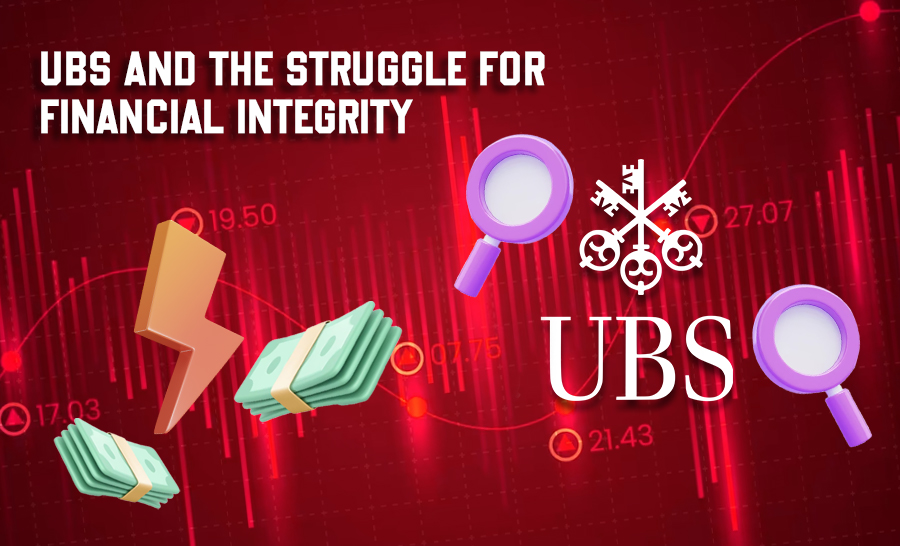
- 1. Due to its exposure to subprime mortgage securities during the 2008 Financial Crisis, UBS suffered significant losses. To help the bank stabilize, the Swiss government stepped in and provided a $60 billion bailout. This assistance did not stop the bank from writing down billions of dollars' worth of assets, and top executives missed out on bonuses.
2. Subprime Mortgage Scandal: In 2009, UBS was fined $780 million for its role in the sale of subprime mortgage securities. In exchange for their cooperation in other financial institutions' investigations, the bank was able to prevent top executives from receiving bonuses related to the scandal.
3. Interest rate manipulation: In 2012, UBS agreed to cooperate with the investigation into other banks suspected of manipulating benchmark interest rates in exchange for paying a $1.15 billion fine. Top executives were once more denied bonuses because of this scandal.
4. Tax Evasion Scandal: In 2009, UBS was connected to a US tax evasion scandal that resulted in a $780 million fine. Numerous US clients' names were given to the authorities by the bank, and top executives were denied bonuses because of the scandal.
5. Money Laundering Scandal: UBS was fined $40 million by the Swiss financial watchdog in 2019 for inadequate anti-money laundering controls. Bonuses relating to the scandal were denied to top executives.
Due to its financial difficulties, UBS has made significant investments in risk management and compliance while working to restore its reputation as a trustworthy financial institution. The bank's efforts to regain stability have been significantly helped by the support of the Swiss government and the durability of the Swiss financial system. In order to preserve the stability and integrity of the financial services sector, it is critical that executives be held accountable for their deeds and that banks conduct themselves ethically.
UBS has undertaken a number of actions to restore trust and ensure compliance in the wake of these monetary difficulties:.
1. UBS has improved its risk management capabilities to better identify and manage potential risks. To monitor and manage risks, this includes bringing on board seasoned experts and implementing cutting-edge technology.
2. Enhancing Compliance Processes: In order to avoid future scandals, the bank has made investments to upgrade its compliance systems and procedures. This entails bringing policies up to date, offering employee training, and putting in place strict controls to identify and stop illegal activity.
3. UBS has put in place corporate governance reforms to make sure that decision-making is transparent and accountable. As part of this, the organizational structure of the bank must be revised, and the board of directors must have sufficient authority to oversee all operations.
4. Fostering an Ethical Culture: UBS has emphasized the significance of an ethical corporate culture, enticing staff to act honorably and holding them accountable for their deeds. The bank has set up definite rules for ethical behavior and implemented ethics training programs.
5. Communication Transparency: UBS is committed to open dialogue with regulators, shareholders, and clients, informing them of the bank's progress in resolving old problems and pursuing a more responsible and dependable future.
The road to recovery for UBS is paved with obstacles, but the bank's initiatives to reestablish trust and accountability show its dedication to regaining its reputation as a trustworthy financial institution. The strong Swiss financial system and the Swiss government's backing have been essential in the bank's transition to transparent and moral business practices. To maintain its stability and integrity, the financial services sector as a whole must continue to place a high priority on accountability, stewardship, and transparency.
Author: Pooyan Ghamari, Swiss Economist
LinkedIn
Instagram
Twitter
YouTube
Posted by author
Tuesday, April 4, 2023 5:36:00 PM